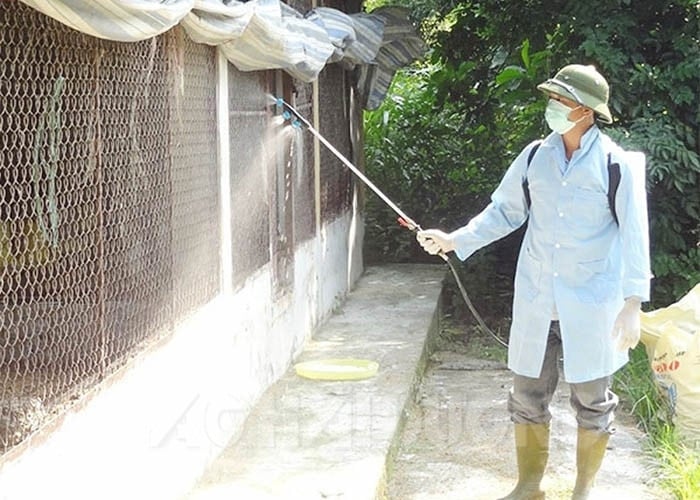
About the barn
For barns with blown roofs or flooded areas, farmers need to quickly move livestock to higher areas. Farmers should use tarpaulins to cover livestock to prevent them from getting wet or cold, then repair the barns.
The drainage system must be cleared, absolutely do not let water flow back into the barn, making the barn floor wet.
General cleaning of barns and surrounding areas. Spray disinfectant twice a day to kill pathogens.
Actively check the food storage, if the food is wet, it must be kept separate and fed to livestock and poultry on the same day to avoid mold. Food must be transported to a dry place, covered with a tarpaulin, and not allowed to get moldy.
About pet care
For barns with roofs blown off, causing livestock to get wet, especially for livestock that are brooding or pregnant, it is necessary to move them to a higher area and use heating lamps or charcoal stoves to warm the animals. If charcoal or rice husk stoves must be used, farmers must be careful to avoid suffocating the animals due to CO2 gas or causing a fire.
Actively provide nutritious, easy-to-digest food for pets; animals need to be given enough water, and need to supplement vitamins and electrolytes to increase resistance.
Disease prevention
Actively vaccinate livestock against infectious diseases, especially dangerous diseases. Give livestock medicine to prevent respiratory and digestive diseases.
Clean the environment around the camp area, clear the sewers and collect waste and animal carcasses. Regularly monitor weather conditions, disease and animal health to detect sick animals early, these animals must be isolated and treated promptly.
Source: https://baohaiduong.vn/khac-phuc-chan-nuoi-sau-bao-so-3-the-nao-392535.html


![[Photo] Prime Minister Pham Minh Chinh meets with US business representatives](https://vphoto.vietnam.vn/thumb/1200x675/vietnam/resource/IMAGE/2025/5/13/5bf2bff8977041adab2baf9944e547b5)




![[Photo] President Luong Cuong attends the inauguration of the international container port in Hai Phong](https://vphoto.vietnam.vn/thumb/1200x675/vietnam/resource/IMAGE/2025/5/13/9544c01a03e241fdadb6f9708e1c0b65)
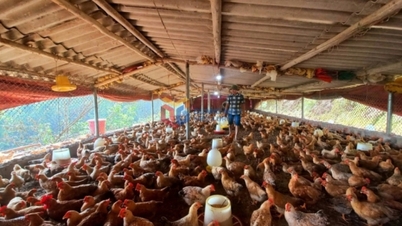

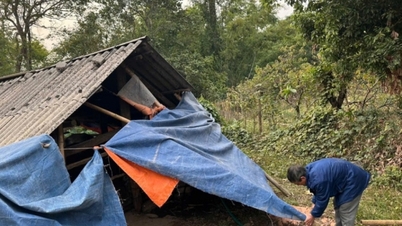
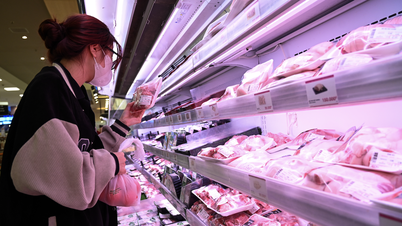
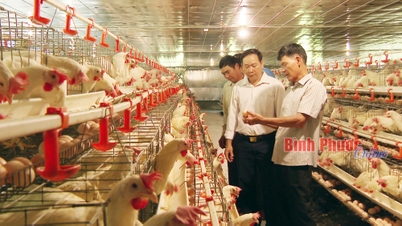
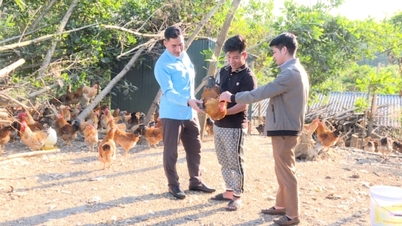
















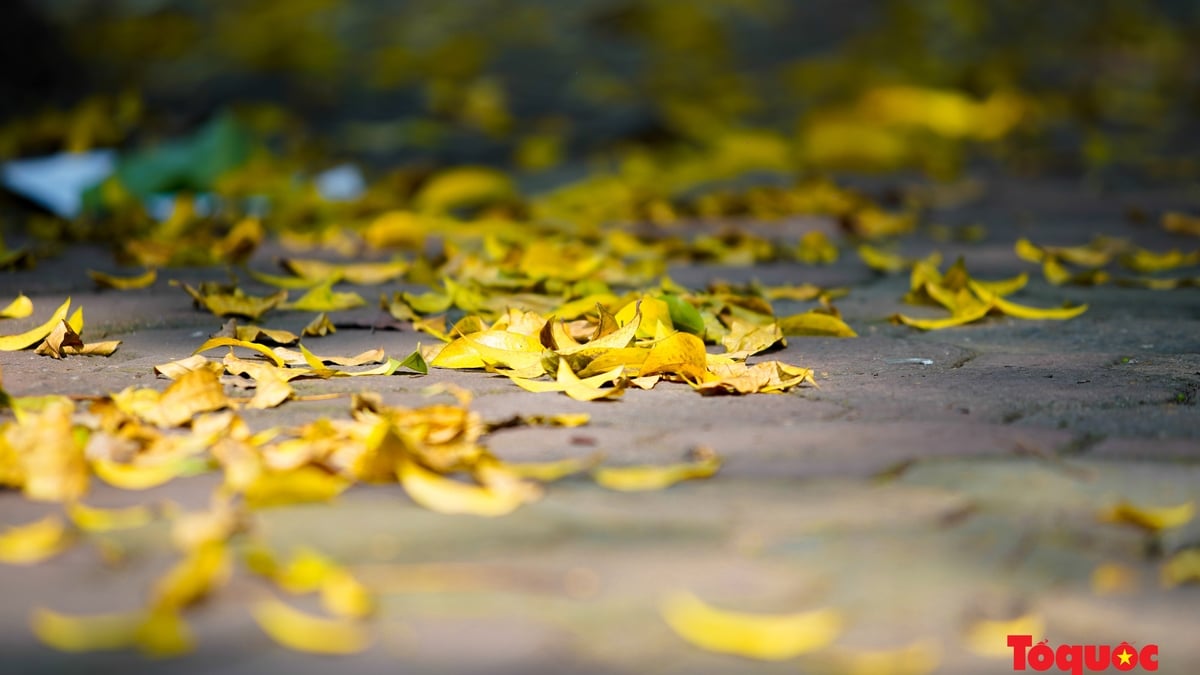




















































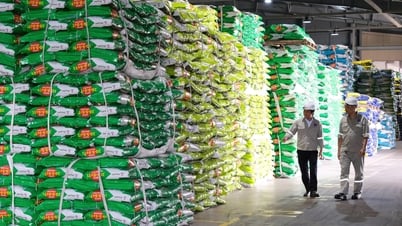





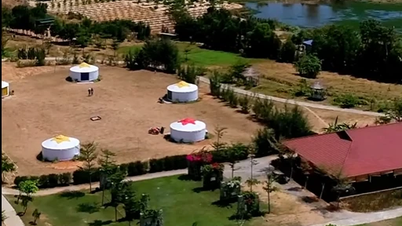










Comment (0)